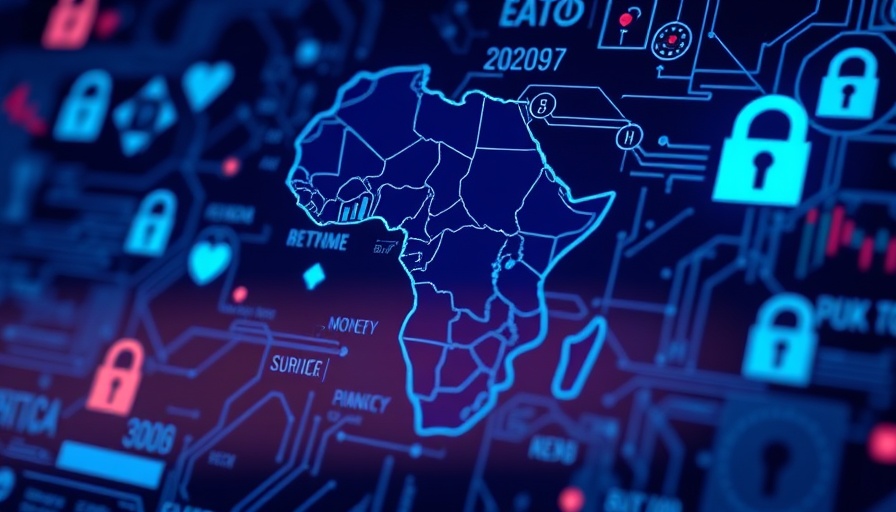
Protecting Economies: The Urgent Need for Anti-Money Laundering Measures
In a powerful display of cooperation, Uganda has taken the lead in convening a significant meeting of regional financial experts in Kampala to address the alarming rise of money laundering and terrorism financing across Africa. This gathering underscores an urgent need for robust measures and policies to shield the economies of East African nations from the potentially devastating impacts of illicit financial flows.
Financial Markets Under Threat: The Risks of Illicit Money
The discussion comes at a critical time when the financial markets of Africa are under significant pressure. Leaders and policymakers are acutely aware that unrestricted cash flows can undermine legitimate businesses, distort markets, and erode public trust in financial institutions. As such, the focus of this meeting is to devise a unified regional approach, enhancing anti-money laundering (AML) frameworks to tackle these threats effectively.
Catalyzing Regional Collaboration in Governance
This regional dialogue is not an isolated effort but part of a broader push for increased cooperation across Africa. Financial experts are advocating for stronger links between nations to share intelligence and bolster AMl efforts against sophisticated criminal networks. This collaborative spirit is essential for establishing an environment where businesses and investors can operate without fear of dealing with illicitly acquired funds.
The Role of Stakeholders in Economic Sustainability
Business leaders and government officials alike are being called upon to take proactive roles in implementing the new policies resulting from this meeting. By engaging in dialogues and collaborative frameworks, they can help ensure the effectiveness of AML strategies. This is not just about compliance but creating sustainable economic environments that promote transparency and integrity in financial dealings.
Envisioning a Secure Economic Future
Looking forward, safeguarding African economies against the influx of illicit funds will require a multifaceted approach combining stringent regulatory measures with innovative solutions and digital technologies. Policymakers will also need to remain mindful of the geopolitical dynamics that influence international relations and trade, notably as Africa strengthens ties with global partners.
Ultimately, the discussions in Kampala aim to lay down actionable frameworks that not only tackle the issues of money laundering but also foster an enduring investment climate across the continent. As these discussions unfold, businesses, investors, and governments must align their strategies to realize the collective goal of a more secure and prosperous Africa.
 Add Row
Add Row  Add
Add 


Write A Comment